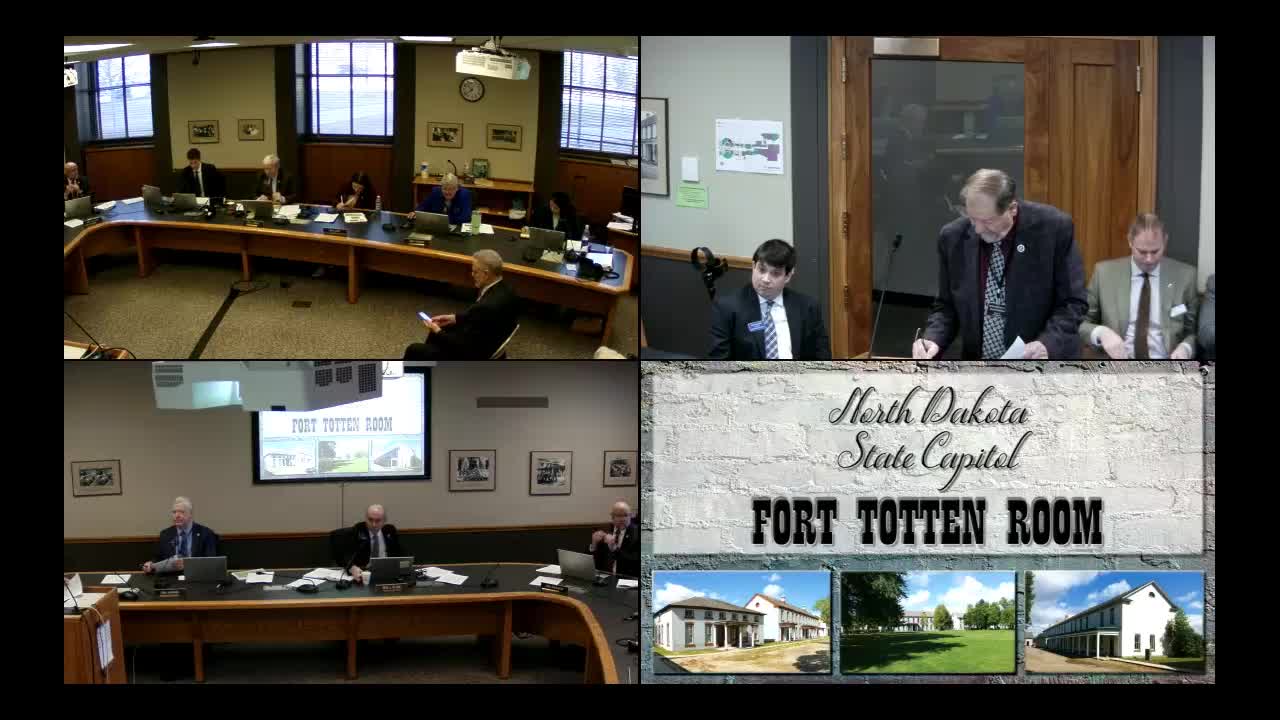Committee sends rural non‑fixed‑route transit funding bill to appropriations after broad support
Get AI-powered insights, summaries, and transcripts
Subscribe
Summary
House Bill 1106, which would provide $2 million for non‑fixed‑route (demand‑response) transit grants to rural providers, received largely unanimous support in committee after operators and disability advocates described medical, employment and social needs met by rural transit services.
The Senate Transportation Committee voted to recommend passage of House Bill 1106 after hearing testimony from rural transit operators, disability advocates and local officials.
Representative Dave Munson, sponsor of the bill, said the appropriation would expand non‑fixed‑route transit (demand‑response) in rural areas to help residents reach medical appointments, work, and essential services. "There's probably a bigger need in the rural areas than there are in the city," Munson said, explaining his intent to help people who cannot reliably access fixed‑route city transit.
Pat Hanson, director of South Central Transit (Valley City), described daily demand‑response operations across eight counties and said rural providers performed more than 112,000 rides last year; about 20% were medical trips. Hanson told the committee rural programs stitch together trips across counties and sometimes fill gaps for areas that lack any local service.
Michael Olsen of North Dakota Protection & Advocacy and Kirsten Devark of The Arc of North Dakota described how paratransit and demand‑response services are essential for people with disabilities and low incomes. Olsen explained that rideshare services and taxis are often unavailable or prohibitively expensive in rural areas and that many riders lack reliable phone or smartphone access for app‑based options.
Committee members asked about grant formulas and local matching. Hanson and other witnesses said the DOT allocates base amounts for counties with transit systems and that federal funding covers a substantial share of operating and administrative costs but requires state or local matching. Witnesses also said the $1.5 million state allocation in the prior biennium increased ridership and that a $2 million appropriation would expand capacity.
Senator Klein moved a due‑pass recommendation and the committee voted unanimously to refer the bill to the Appropriations Committee.
